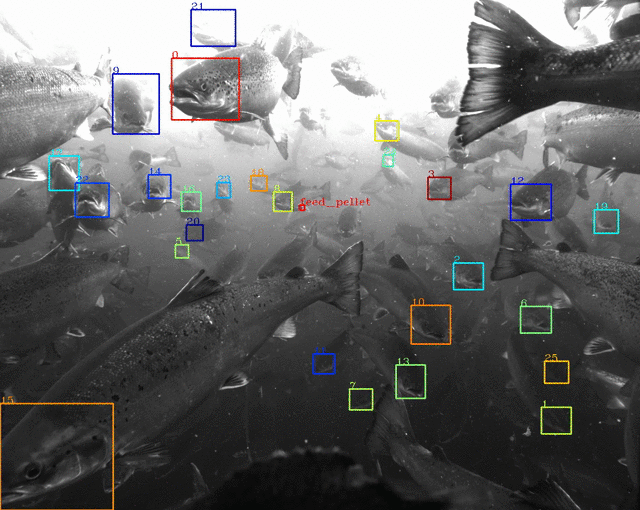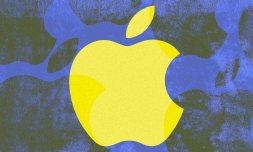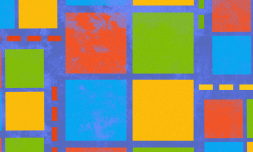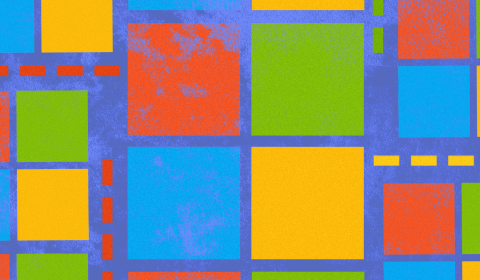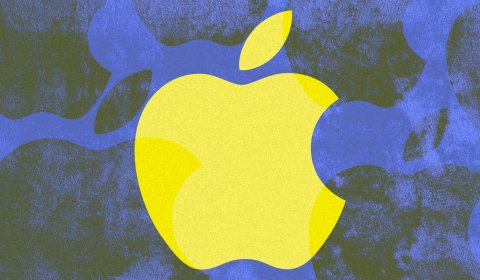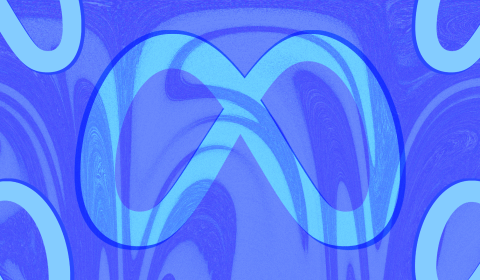The semi-secret tech project is aiming to help humanity better understand ocean life, allowing for more sustainable fishing and reservation of resources.
You may not have heard of X Development, a tech company that’s owned by Alphabet and founded by Google, but it’s one that’s worth knowing about.
Comprised of a team of inventors and entrepreneurs, X Development focuses on research around sustainability and robotics. It’s basically a hub of very clever people working on ways to implement AI into our daily lives and improve our wastage systems, energy usage, and overall quality of life.
Its latest project called Tidal has just been announced via a discreet Medium blog post, and uses underwater camera systems to track and monitor individual fish. The potential benefits of such a system could be huge, though it’s still in its infancy.
What is Tidal?
Not to be confused with Jay Z’s questionable music streaming service, Tidal is a non-profit initiative that’s researching ways in which human beings can better understand marine life and ocean habitats. The aim is to allow for more effective and environmentally friendly fishing practices, and to improve our relationship with aquatic habitats in general.
Tidal uses cameras specially designed to withstand extreme temperatures and ocean pressure, and can track, interpret, and predict the behaviours of individual fish within a large group. The technology is impressive and although the details on how it all works are sparse, this GIF does give us some idea of how the AI actually works. By the looks of things, it seems that each fish is given a unique identification number and can be quickly picked up by cameras that are placed in certain areas of the ocean. Handy.
